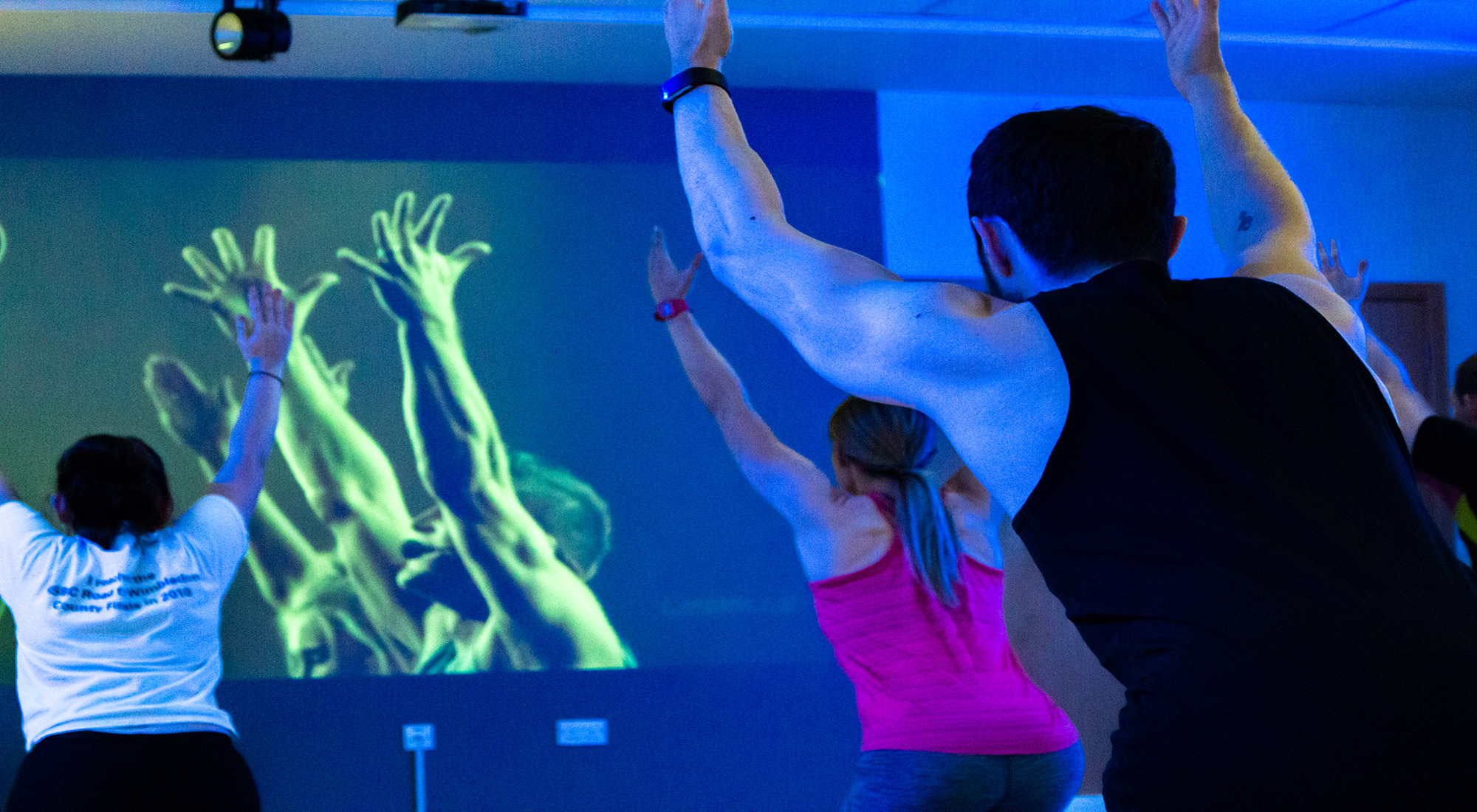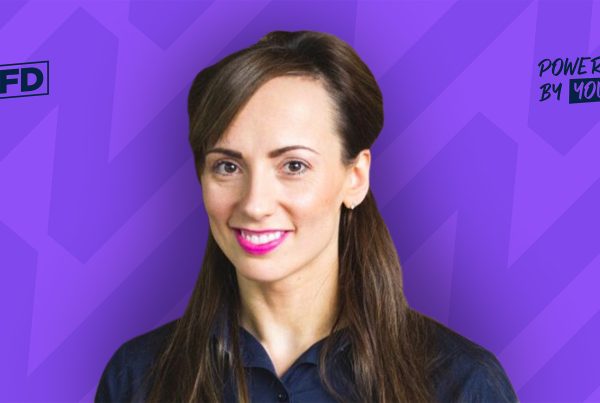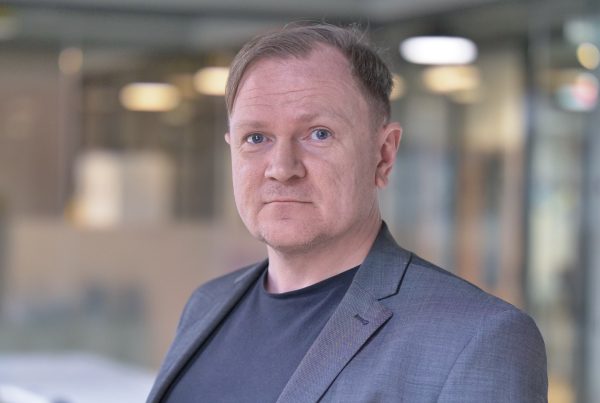Erin Myers, Marketing Director, Les Mills UK and Ireland
There has been a sharp increase in news coverage around mental health in the last year. The news is filled with articles about the newest methods for reducing anxiety, worry and pressure, looking to find innovative ways to engage with those who suffer.
I read with interest the recent ukactive research on how physical activity can be the solution to student mental health as it directly relates to work we have done with the University of Leeds.
The university has a large international student population many of which attend the Business School which sits on the outskirts of campus. In the past, it has proven difficult for these students to engage with on-campus, facility-focused activities and meet like-minded people due to proximity and availability.
During academic breaks, many of these students remain on campus and in the absence of supporting activities and social groups there is the potential to experience feelings of solitude and loneliness in the international student population.
To improve this, we worked with the university’s Sport and Physical Activity department and International Office to offer a dedicated exercise programme for international students at the university gym, The Edge.
Together, we launched a timetable of Les Mills virtual classes in Mandarin over Christmas 2017 and Easter 2018, with the aim of engaging the international students and providing opportunities for them to socialise.
Considering University of Leeds students are 4% less active than the average higher education population, the project had multiple benefits.
The response was phenomenal. The students couldn’t have been more receptive. The classes attracted 155 participants across the two-week Christmas period, which James Buckley (Physical Activity, Health and Wellbeing Manager at University of Leeds) described as extremely impressive numbers for that time of year.
We replicated the same programme over Easter and the results were even better, with 244 total participants. In fact, the project was so successful that the university is looking to add our virtual programming in additional languages going forward.
One of the most impressive parts of the programme was how well it highlighted the power of group exercise in reducing isolation and the classes helped make students feel more integrated into the Edge community.
It is very common for international students to remain on campus out of term time. Various departments work collaboratively to provide a programme of activity in order to reduce any feelings of isolation that they might have and foster opportunities to integrate international with UK students, both during term time and throughout holiday breaks.
The implementation of the Les Mills group exercise classes was a perfect example of this working to full effect.
It was amazing to hear how overwhelmingly encouraging the feedback from students was. We know the power of group exercise for reducing isolation and the feelings associated with this, but to see it first hand was an incredible feat.
This finding aligns perfectly with the results of the ukactive research which found that 47% of active students said they never or rarely felt feelings of social isolation.
University should be a time of new experiences, making new friends and enjoying newfound freedom. Unfortunately, that is not the reality for many students. But the ukactive research is encouraging: those who were classified as active scored better than those classified as fairly active or inactive across four aspects of personal wellbeing: life satisfaction, feelings of worth, happiness and anxiety.
To me, the solution is simple: offer a variety of opportunities to be physically active. It can be a powerful anecdote for mental health issues in students.




